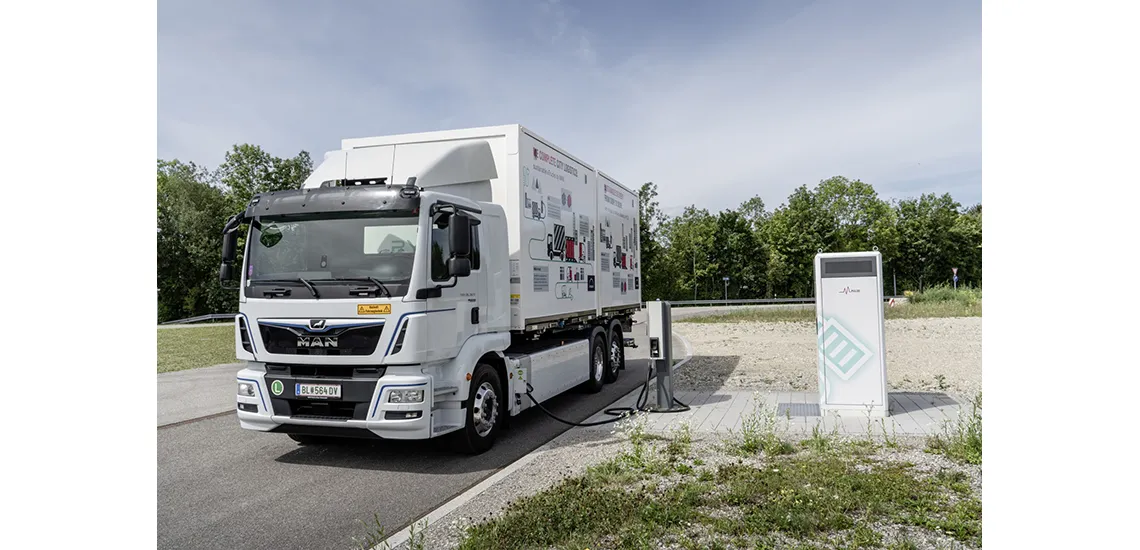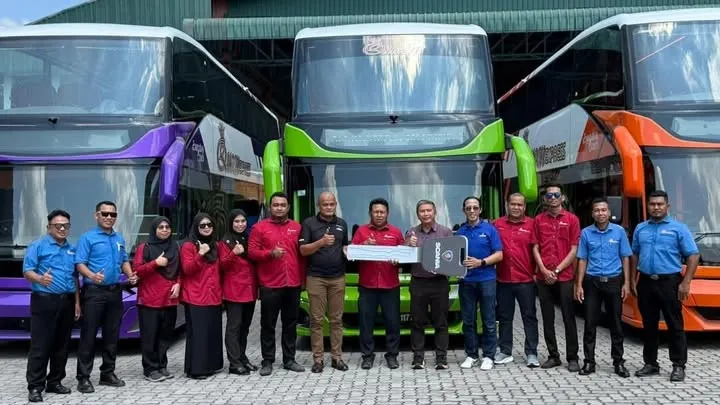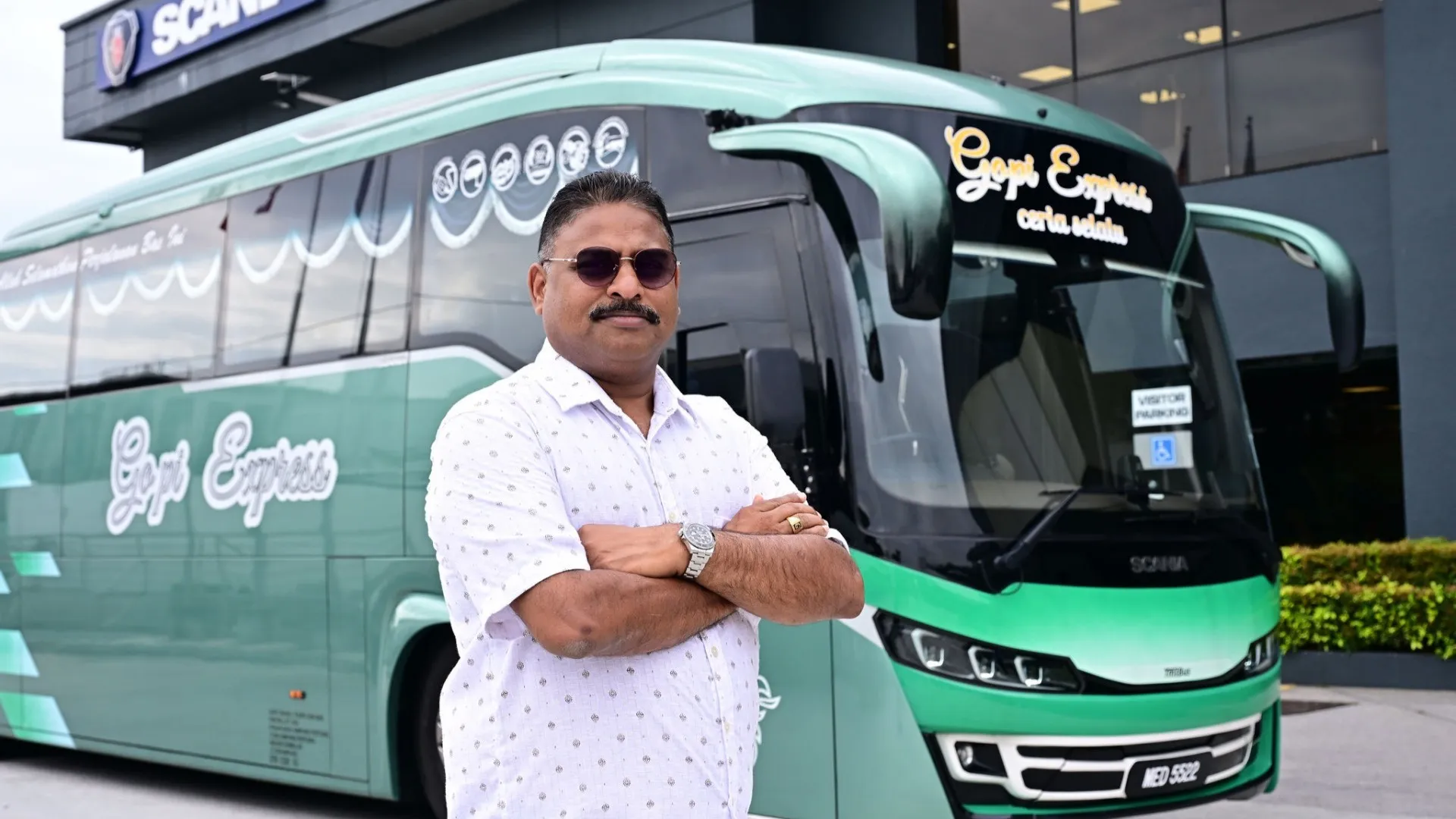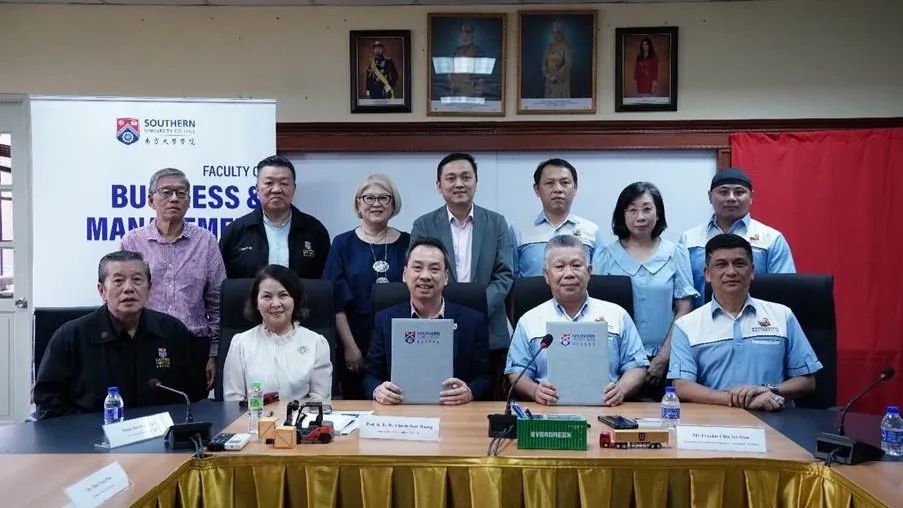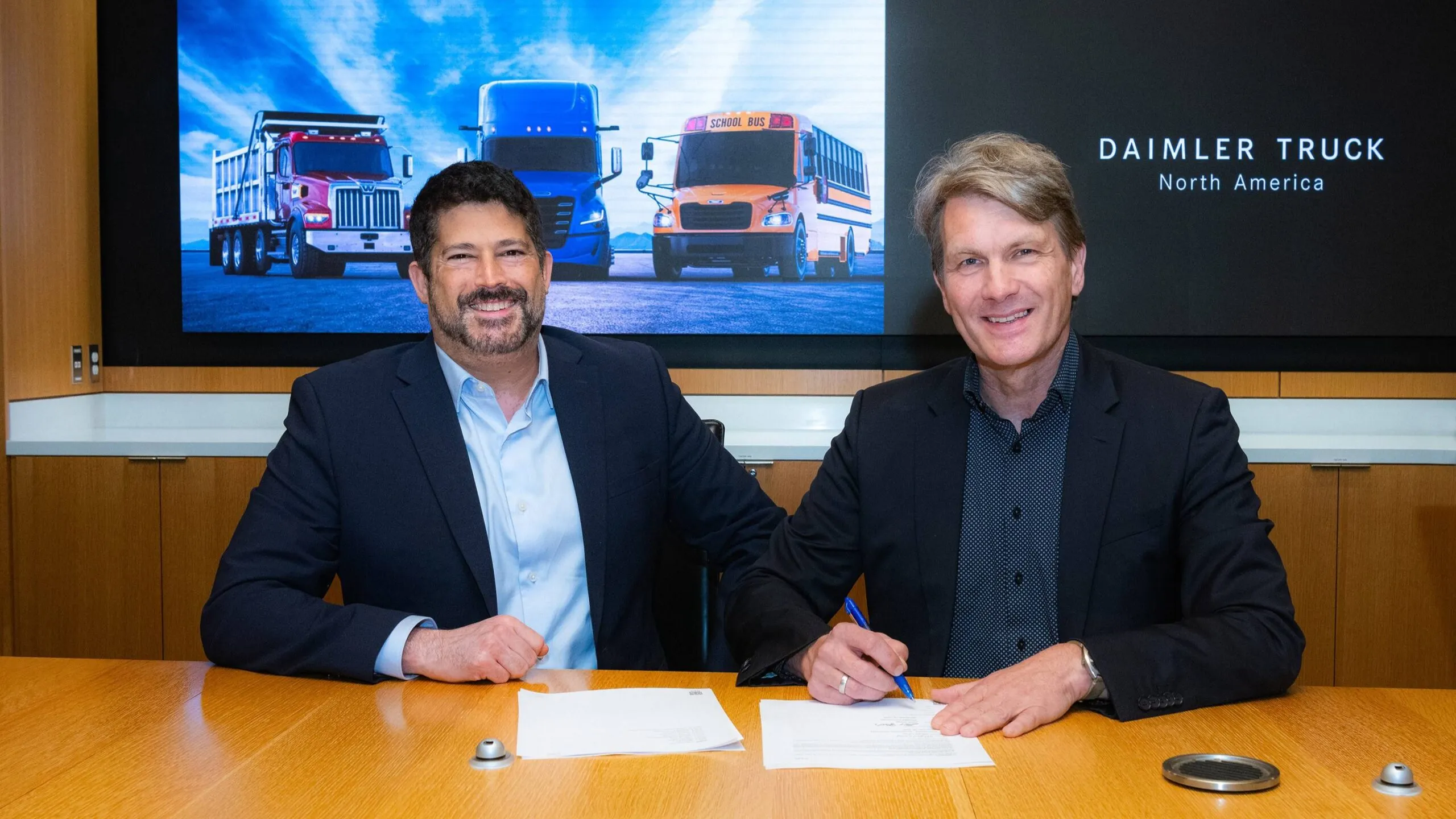MAN believes that battery-electric trucks are the future based on the first feasibility study on the electrification of regional delivery traffic.
MAN CEO Andreas Tostmann: The development of charging infrastructure must now have top priority.
In the first feasibility study on the electrification of regional delivery traffic, which is based on real company data, Fraunhofer ISI, commissioned by Transport & Environment, shows that the electrification of road freight transport is already possible in the short term and promises economic benefits for companies.
The economic and technical feasibility was examined using the practical example of REWE Group logistics in the entire north-east region of Germany. The result: almost 60 per cent of the REWE fleet in the North-East region can already be electrified. For around 40 per cent, the switch to e-trucks is associated with economic advantages.
Andreas Tostmann, CEO of MAN Truck & Bus, is pleased with the results of “Delivery traffic with battery trucks: Feasibility 2021”, but also makes demands on politicians: “The development of charging infrastructure must now have top priority and be supported by the state. Legislators should also decide on preferential access for zero-emission trucks in cities in the medium term.” In addition, a charging core network with charging capacities of 700 to 1,000 kW must be established along the motorways in Europe by 2025, said Andreas Tostmann.
Private lecturer Dr. Patrick Plötz led the feasibility study at Fraunhofer ISI. These are the most important findings from his point of view: “After evaluating all 9,500 truck tours to more than 540 logistics points, it is clear: the currently available ranges of battery trucks are often already sufficient today to manage all the urban truck tours analysed in the study and almost half of the regional tours considered with e-trucks. With optimised route planning and additional intermediate charging, the potential is even greater. For heavy trucks over 26 tonnes with very long daily journeys, however, electrification still remains a challenge given the current supply of vehicles.”
Due to the high degree of substitutability and possible cost advantages, one of the recommendations of the study is that truck operators should already examine the conversion of their truck fleet in urban and regional delivery traffic today.
MAN Truck & Bus received the results of the study with great interest, as they confirm its own experience and analyses. In addition to electrification in urban areas, which would already be fully possible today, the results are trend-setting for regional applications, as here too around 50 per cent of the routes studied would already be feasible with e-trucks. If we now take a look at the short-term study period until 2023, it becomes clear that in the following years, with improved battery technology, many additional applications and routes with electric trucks will be possible and economical. “From my point of view, an important conclusion of the study for our customers is that fleet operators can promptly electrify the technically feasible routes and that, in addition, the switch from diesel to BEVs already brings them economic advantages in many cases today,” adds Michael Treier, Sales Truck Alternative Drives at MAN Truck & Bus, who was involved in the study.
Ekaterina Boening, project manager for the feasibility study at T&E Germany, summarises the results as follows: “The electrification of road freight transport is possible and promises economic advantages for companies. The next federal government must not be distracted by pseudo-solutions such as biofuels, e-fuels or gas trucks, because that would be a waste of time and money.”

